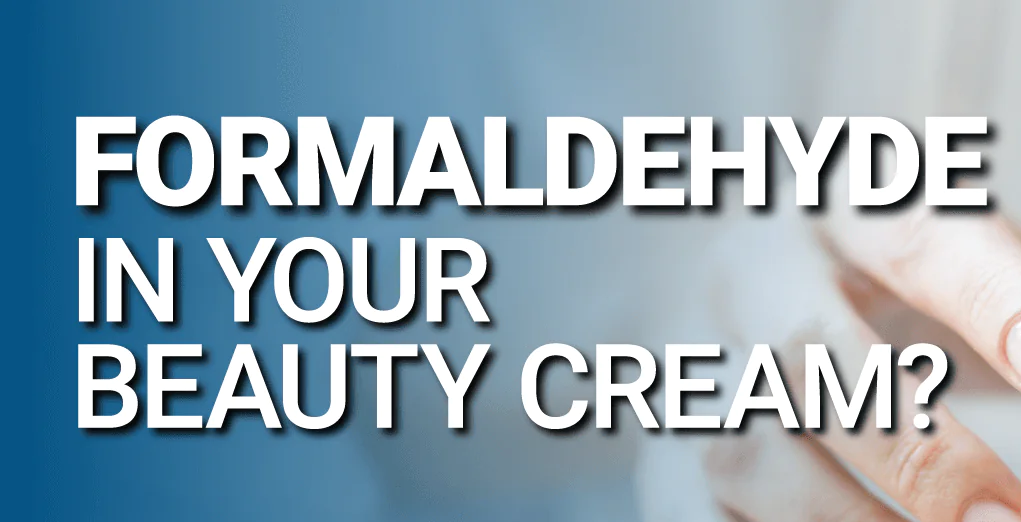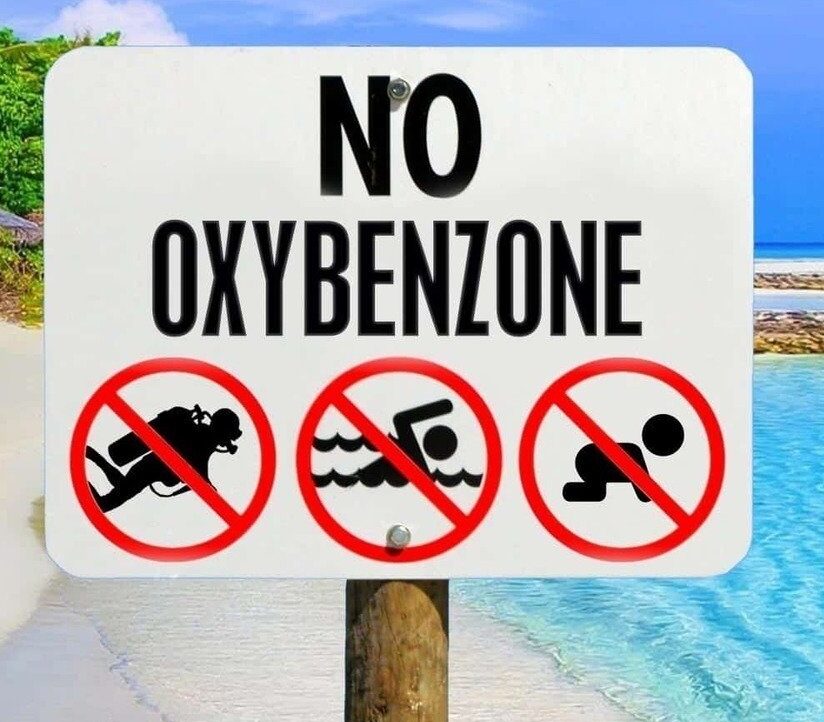
Many skincare products on the market may contain harmful ingredients that can potentially cause adverse effects on the skin and overall health. It’s crucial to be aware of these substances and check product labels before use. Here are some common harmful ingredients found in skincare products:
- Parabens: These are preservatives used to prevent the growth of bacteria and mold in cosmetic products. Some studies suggest that parabens can disrupt hormone function by mimicking estrogen, potentially leading to hormonal imbalances.

- Sulfates (SLS and SLES): Sodium Lauryl Sulfate (SLS) and Sodium Laureth Sulfate (SLES) are surfactants used for their foaming properties. They can be harsh on the skin, causing irritation and stripping natural oils. SLS may also be contaminated with 1,4-dioxane, a known carcinogen.
- Phthalates: These are a group of chemicals used to enhance the texture and scent of skincare products. Phthalates have been linked to endocrine disruption and may interfere with hormone production, potentially affecting reproductive health.
- Synthetic Fragrances: Fragrances in skincare products often contain a mix of undisclosed chemicals. These can cause skin irritation and trigger allergic reactions in some individuals. Opting for products with natural or fragrance-free formulations is a safer choice.

- Formaldehyde and Formaldehyde-Releasing Preservatives: Formaldehyde is a known carcinogen and skin irritant. Some cosmetic products contain formaldehyde-releasing preservatives, such as DMDM hydantoin and quaternium-15, which can release formaldehyde over time.
- Mineral Oil and Petrolatum: These petroleum-based ingredients are commonly used in skincare products as emollients. While they can provide short-term moisturization, they may create a barrier on the skin that hinders its ability to breathe and release toxins. Opting for plant-based oils is a healthier alternative.

- Oxybenzone and Octinoxate: Found in many sunscreens, these chemicals absorb UV rays. However, they have been linked to hormone disruption and environmental concerns. Mineral-based sunscreens with zinc oxide or titanium dioxide are safer alternatives.
- Triclosan: Often found in antibacterial products, triclosan may contribute to antibiotic resistance and disrupt hormone regulation. Its use in consumer products has been restricted in some regions.
- Hydroquinone: Commonly used in skin-lightening products, hydroquinone may cause skin irritation and has been linked to concerns about long-term safety. Alternatives such as vitamin C or licorice extract can be used for skin brightening
- Polyethylene Glycol (PEG): PEG compounds are used as thickeners, solvents, and softeners in skincare products. Depending on their manufacturing process, they may be contaminated with potentially harmful substances, such as ethylene oxide.
It’s essential to read product labels carefully, research ingredients, and choose skincare products with transparent formulations that prioritize natural and safe alternatives. If in doubt, consulting with a dermatologist or skincare professional can provide personalized guidance based on individual skin concerns.
Discover the Power of Organic, Clean, and Natural Living
At organic-look we’re passionate about holistic well-being and helping you live your best life naturally. Explore our articles on organic, clean, and natural living, and take your journey to the next level with our exclusive well-being products. From T-shirts and mugs to drawstring bags, stickers, and more—each item is designed to inspire and support your healthy lifestyle.
Enhance your natural glow—shop the Clean Beauty Collection and bring holistic wellness into your daily life!”
For Unique Finds & Even More Variety!
Browse our collection today and show off your healthy lifestyle with pride
Thank you for reading this far! I hope this article has provided valuable information on your journey to holistic health. Stay tuned for more updates, and feel free to leave your comments and questions below. Don’t forget to like, share with family and friends, and stay connected!

magnificent points altogether, you just gained a new reader. What would you suggest in regards to your post that you made a few days ago? Any positive?
Increased Awareness: The article helps readers become more informed about potentially harmful ingredients in their skincare products. This knowledge empowers them to make safer, more conscious choices.
Healthier Alternatives: By highlighting the risks associated with certain chemicals, the article encourages readers to seek out natural, safer alternatives, leading to healthier skin and overall well-being.
Proactive Skincare: Understanding what to avoid in skincare products motivates readers to be proactive about their skin health, leading to better skincare practices and long-term benefits.
Environmental Consciousness: The article touches on the environmental impact of some harmful ingredients, inspiring readers to choose eco-friendly products that are better for both their skin and the planet.
Empowered Decision-Making: With the information provided, readers can make more confident decisions when purchasing skincare products, ensuring they align with their health and ethical values.
you can also check out the other articles like https://organic-look.com/vegan-skincare-products-faq-your-essential-guide/